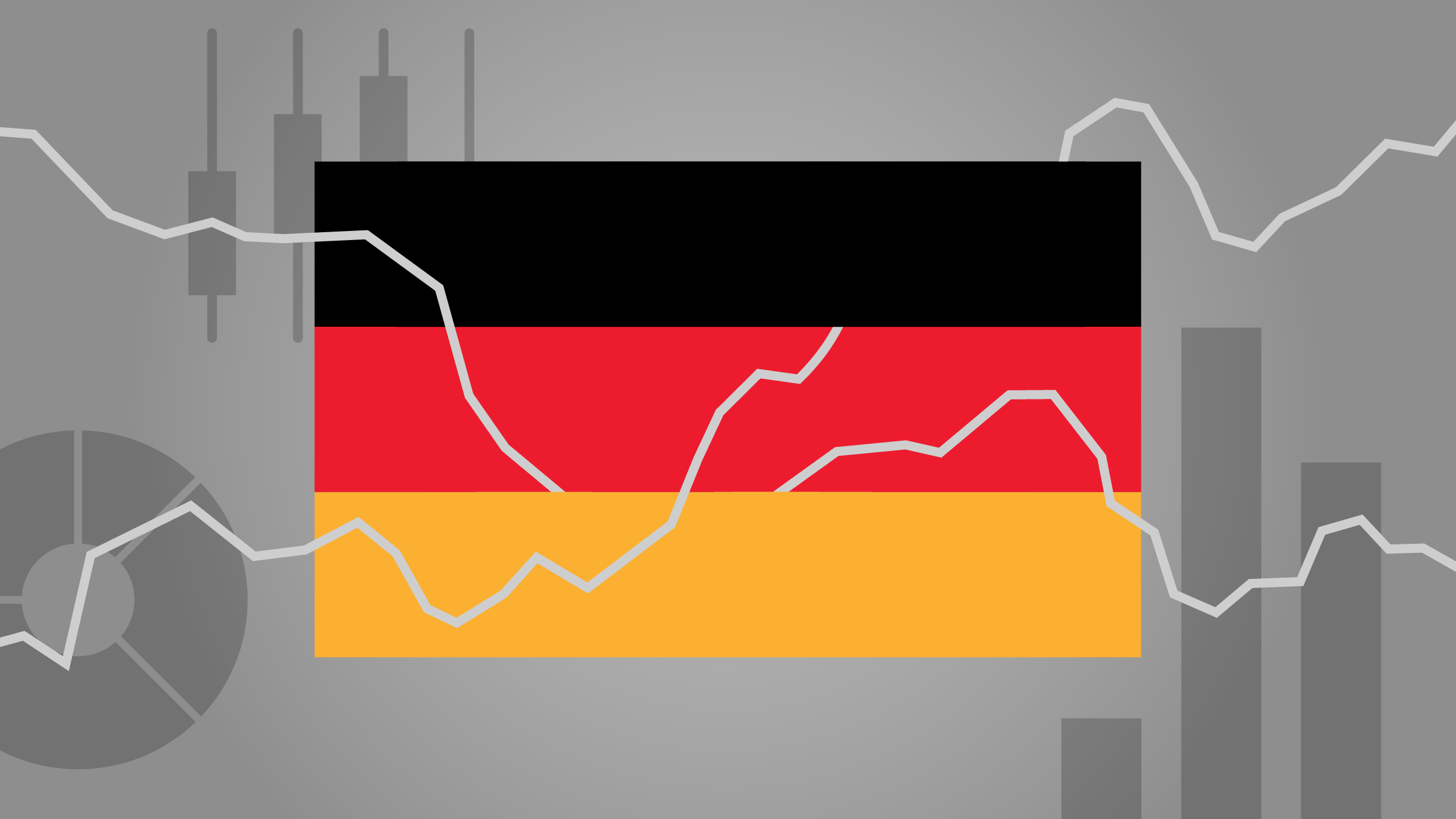This article is part of Morningstar’s Guide to Your Financial Education, providing our readers with the tools they need to become a successful private investor.
While the Greek sovereign crisis has been one of the biggest concerns for global fixed-income markets since the beginning of the year, the news coming out of several emerging markets also provided ample fodder for speculation. Primary among them was China, where economic data has continued to point to slowing growth, with official statistics revealing a drop in property prices. The question on the forefront of many investors’ minds is whether the adjustment will occur gently or take the form of a ‘hard landing’ with dramatically shrinking growth creating a trade shock for China’s major trading partners like the US and many Asian countries.
In other areas of the market, Venezuela and Russia, two countries which saw their debt sell off dramatically in 2014, posted significant gains in the first half of 2015 as government measures to curb inflation seemed to meet with some success. Meanwhile, the price of debt issued by Ukraine has continued to slide as the country attempts to renegotiate its outstanding obligations. More generally, fixed-income investors in both developed and emerging markets have continued to keep a close eye on central bank involvement in the debt markets worldwide.
Market participants continued to brace for an eventual hike in US interest rates later this year, which would be the first in almost a decade and could curb the flow of liquidity that has been pouring into emerging markets in the past few years.
Which Emerging Market Bonds Funds are Best?
Within Morningstar’s Emerging Markets Bond categories, the Silver-rated Templeton Emerging Markets Bond fund continued to suffer from its exposure to Ukraine with around 8% of its assets in the region and ranked in its peer group’s bottom quartile year-to-date.
Manager Michael Hasenstab and his team started building that stake in 2010, encouraged by the country’s young and educated population and strategic importance to Europe. Franklin Templeton is currently participating in discussions with Ukraine’s government and the IMF to renegotiate its debt, but the outcome remains uncertain and the fund has felt the full impact of this volatility year-to-date.
Bronze-rated MFS Meridian Emerging Markets Debt fund has fared much better, beating 78% of its peers over the first half of 2015. Managers Matthew Ryan, whose involvement in the fund dates back to 1998, and Ward Brown are former IMF economists and are supported by a well-resourced analyst team.
As of June 2015 the fund’s main distinctive characteristic was its overweight position on Mexico with 14% of assets compared to 7% for the category norm. Security selection in the country contributed positively to recent performance, particularly in the second quarter of 2015, as did the underweight on duration during a period of rise in US Treasury yields.
Meanwhile, Neutral-rated NN Emerging Markets Debt has also outpaced the majority of its competitors year-to-date, benefitting in part from its larger exposure to Venezuela. Nonetheless, Morningstar manager research analysts have no strong conviction in the fundamentals of this offering for the long term.
At the beginning of 2013, the EM team at NN was entirely revamped, with 18 of its 27 members moving to a competitor firm. ING IM had the hard task of almost entirely rebuilding the team, which they managed to do within one year. The new team, headed by Jeremy Brewin, is sufficiently well staffed, however it has no substantial public track-record and its tenure at the helm of this strategy is still too short to draw any meaningful conclusions at this stage.
This article appeared in Professional Wealth Management magazine
































